Queer cinema was first defined by Jean Cocteau in the introduction of his 1933 experimental short The Blood of a Poet as "a realistic documentary of unreal events." That quote also happens to summarize The Film Society of Lincoln's current series on the history of gay film titled A Clue to the New Direction: Queer Cinema Before Stonewall (playing April 22 to May 1).
This 40-plus retrospective of shorts and feature-length films offers a survey of gay filmmaking from the silent era of the early 20th century up to the moment before the Stonewall rebellion of 1969--the point of unabashed gay speaking-out and identification. Before that, filmmaking was a medium of covert, or underground gay expression, largely related to the avant-garde subculture.
Lincoln Center curator Thomas Beard's selection looks back on these films, and gives the soubriquet "queer." It's a modern, progressive designation for what Cocteau understood non-politically as an artistic venture into both the nature of the film medium and the nature of homosexual thought, vision and feeling.
Cocteau's phrase "realistic documentary" grasps how cinema works as representation of observable things, as well as a visual and kinetic means of conveying ideas--"unreal events" that are the essence of imagination. Cocteau, a poet in the highest sense, understood how cinema was the ultimate convergence of art and desire.
This pre-Stonewall program is also an assessment of how film artists asserted their own definitions of real and unreal experience. These films are artifacts of pre-"queer" reality and imagination: Cocteau's The Blood of a Poet, a visual poem, uses devices from surrealist art to reflect the introspective thoughts that occur within a flickering moment of his gay subconscious.
Meanwhile, Carl Dreyer's 1928 silent film Michael explores a relationship between a young artist and his older mentor, cinema's first existential gay drama. (But what is Ingmar Bergman's ultra-hetero Persona doing here? Cinema's gay and art movements are virtually synonymous, as proven by Lot in Sodom and Madchen in Uniform.)
Both the Cocteau and Dreyer films are cornerstones of gay cinema, influencing the way gay artists would work toward self-expression. They also influenced how audiences would come to see themselves and understand their own relationship to society and culture. Among the foremost examples is Andrew Meyer's 1966 An Early Clue to the New Direction which gives the Lincoln Center program its title. Meyer films a counterculture exchange between actress Joy Bang, an early Stevie Nicks-type and elderly aesthete Prescott Townsend, discussing sexual difference ("There's no deviance, only variance").
Queering desire: Andy Warhol's My Hustler (left); Jean Cocteau's Blood of a Poet.
Jose Rodriquez-Soltero's1966 Lupe features Mario Montez performing his Maria Montez drag tribute in a Warhol-style impasto of images and guises; he goes beyond social norms to express the voluptuousness of desire. This "realistic documentary of unreal events" includes a cameo by the legendary Charles Ludlum of The Ridiculous Theatrical Company making his own contribution to the gay/queer effort to articulate feelings and identity through makeup, costumes and song. It all comes together in delirious, complex filmmaking. There's also a simpler, sly version of gay articulation in Warhol's 1969 classic My Hustler , an underground corrective to the Joseph Losey-Harold Pinter mainstream movie The Servant.
Working outside the Hollywood, these pre-Stonewall movies clarify gay folks' relationships to society to the mainstream; that's why even the hallucinatory imagery of Kenneth Anger's 1947 Fireworks and Jean Genet's Cocteau-influenced Un Chant d'amour (1950) remain early clues to gay eroticism and social sensibility. The emphasis in all these films is to better understand and profoundly validate personal and desires.
That pre-Stonewall ambition has not changed.
See the full schedule at FilmLinc.org



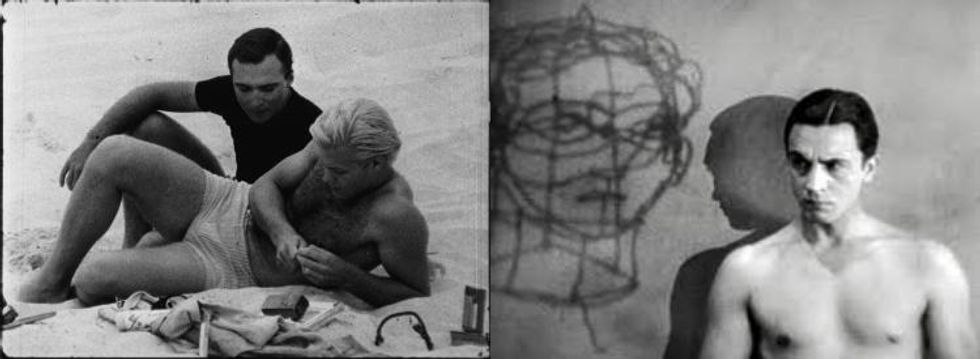
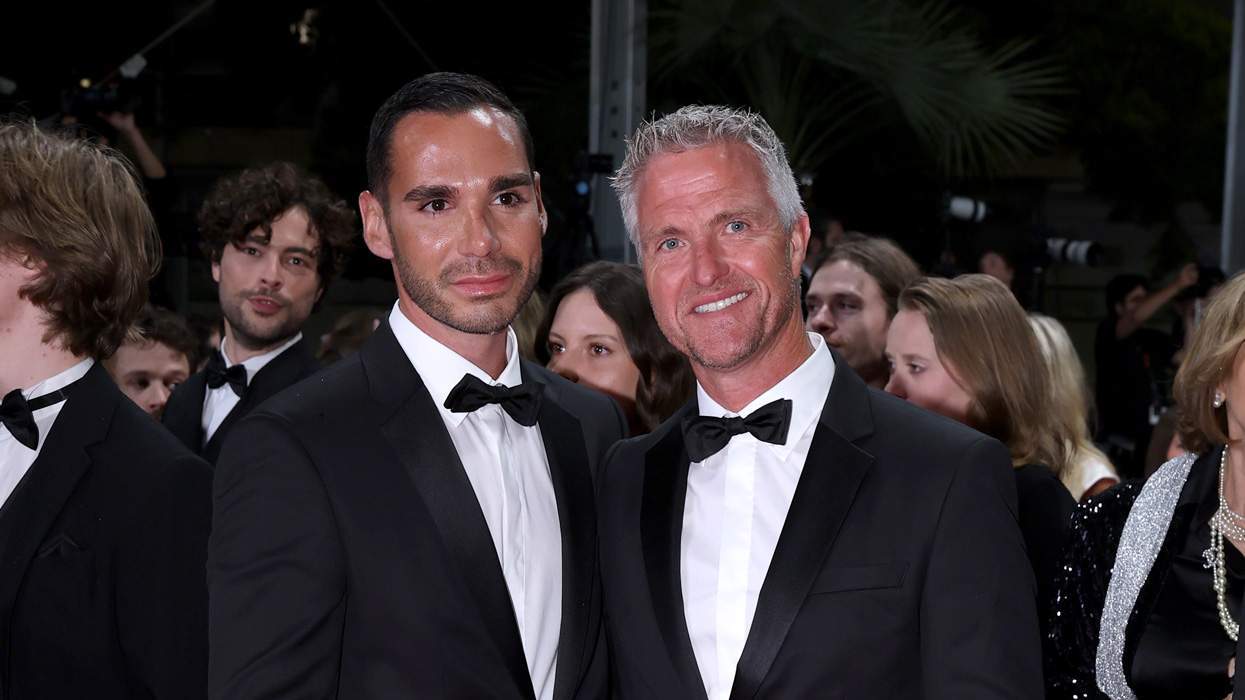


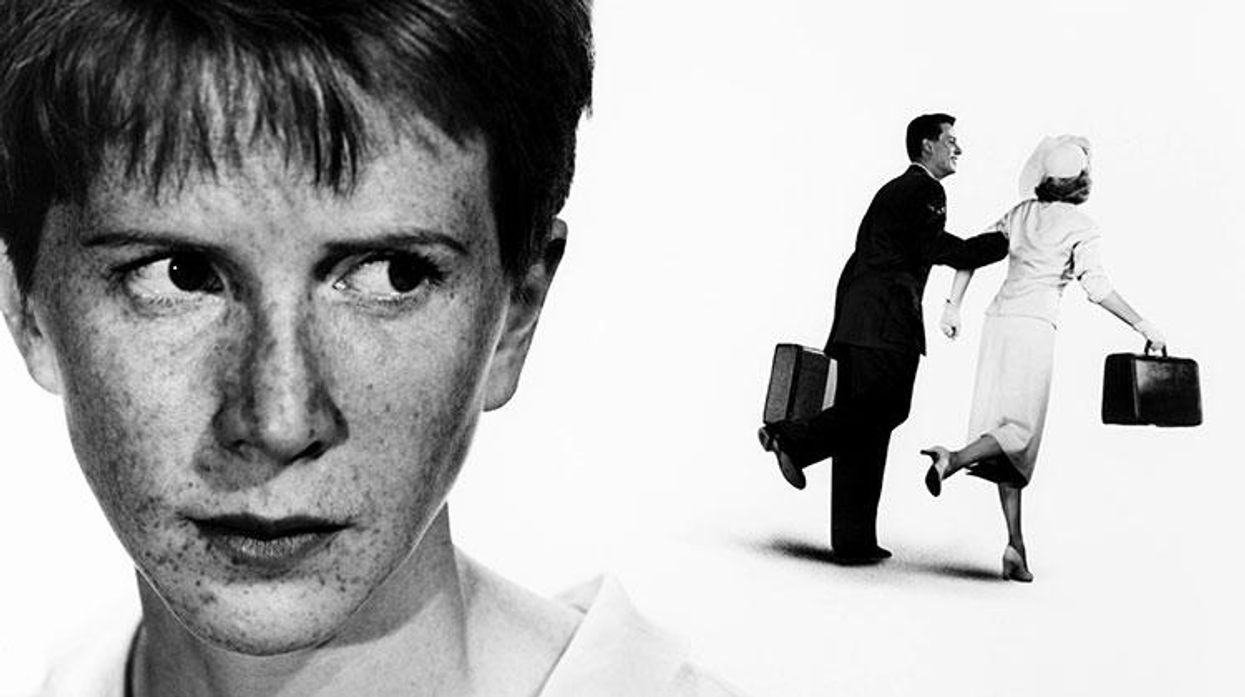
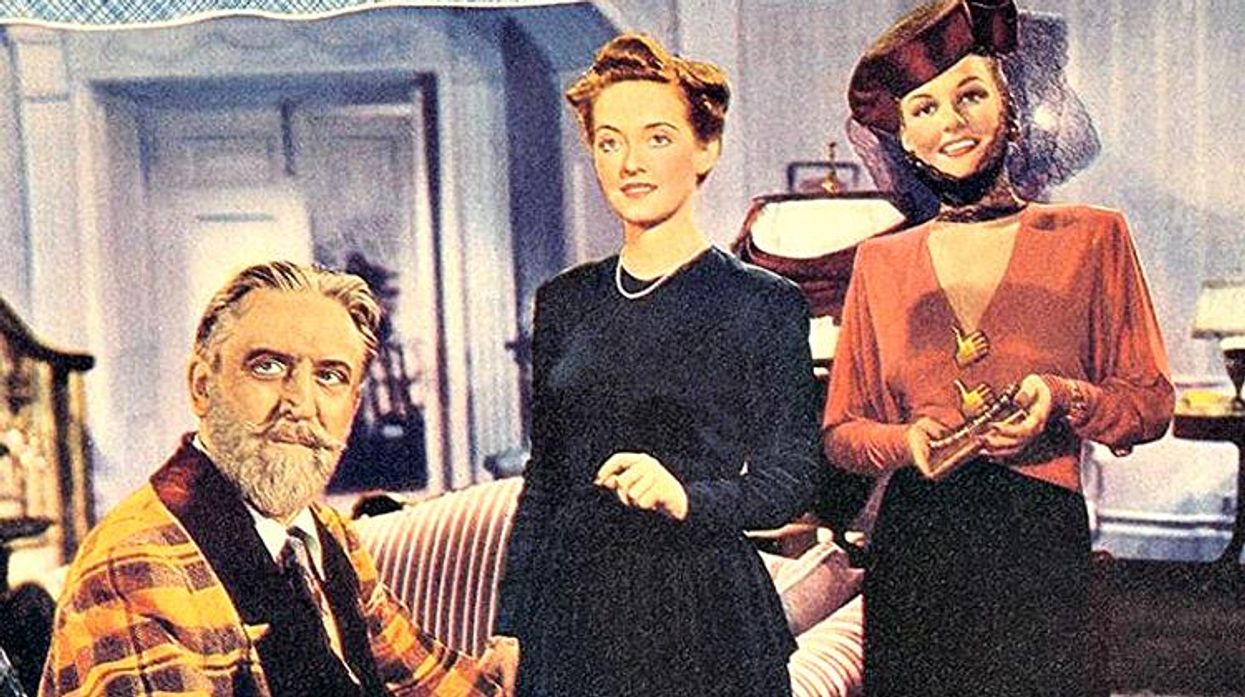
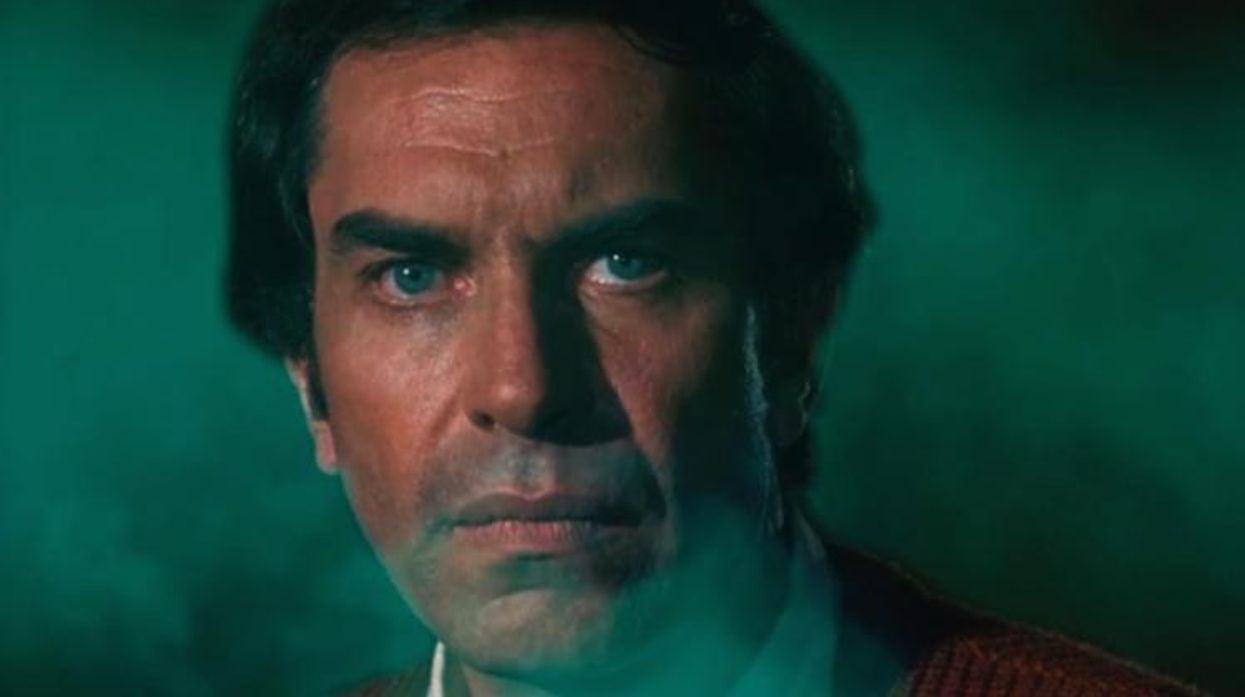
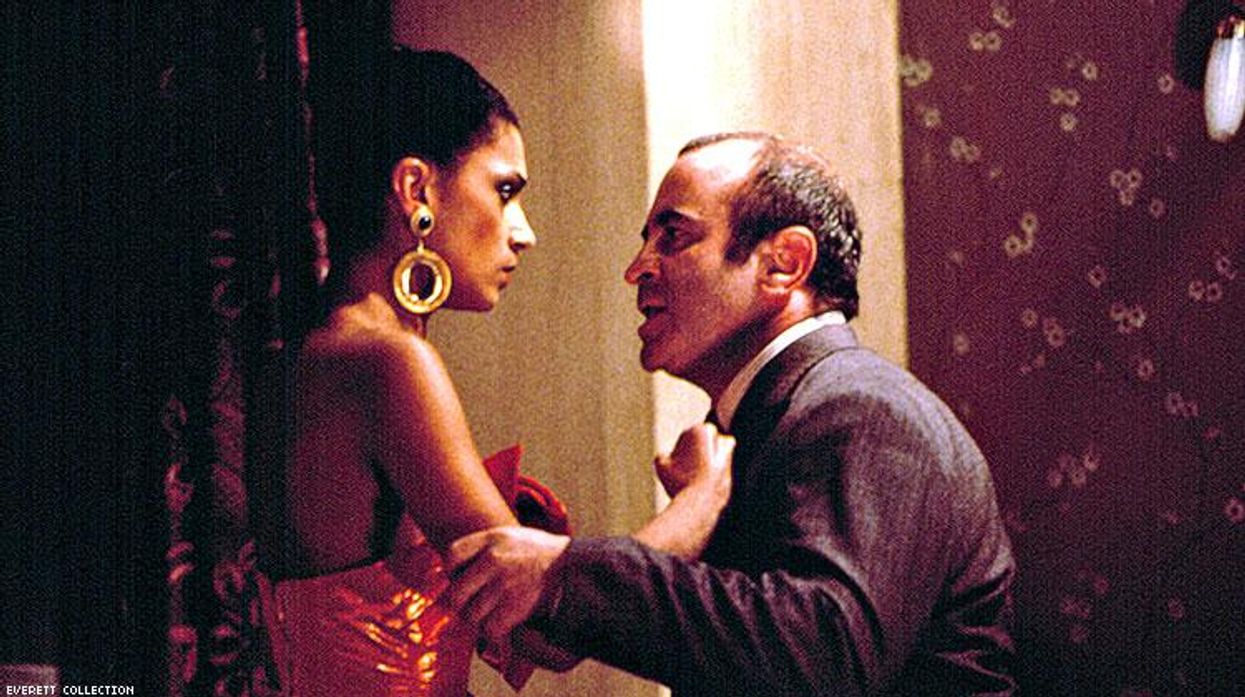
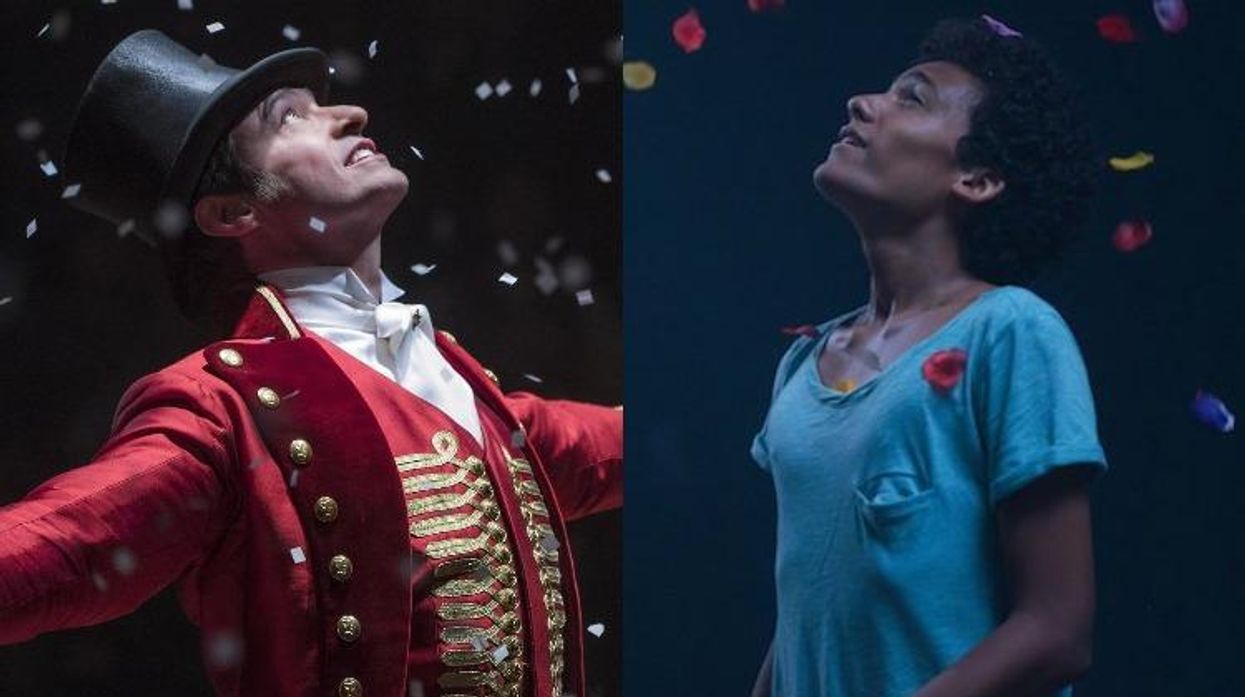
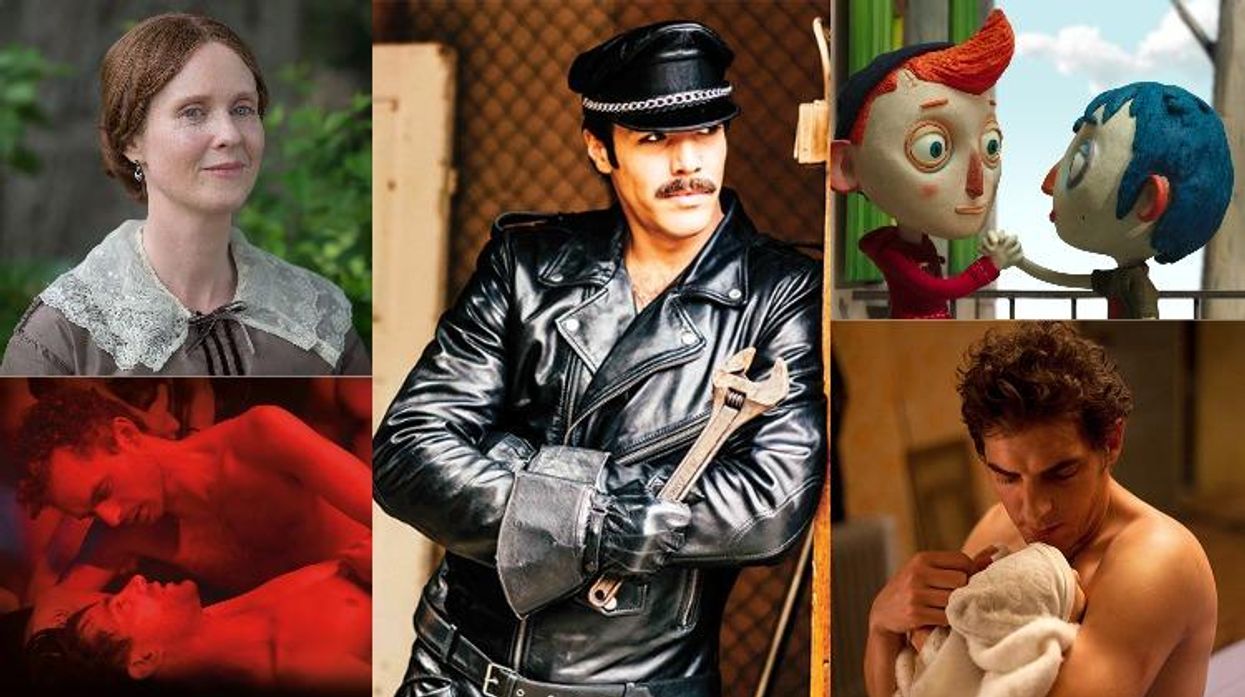







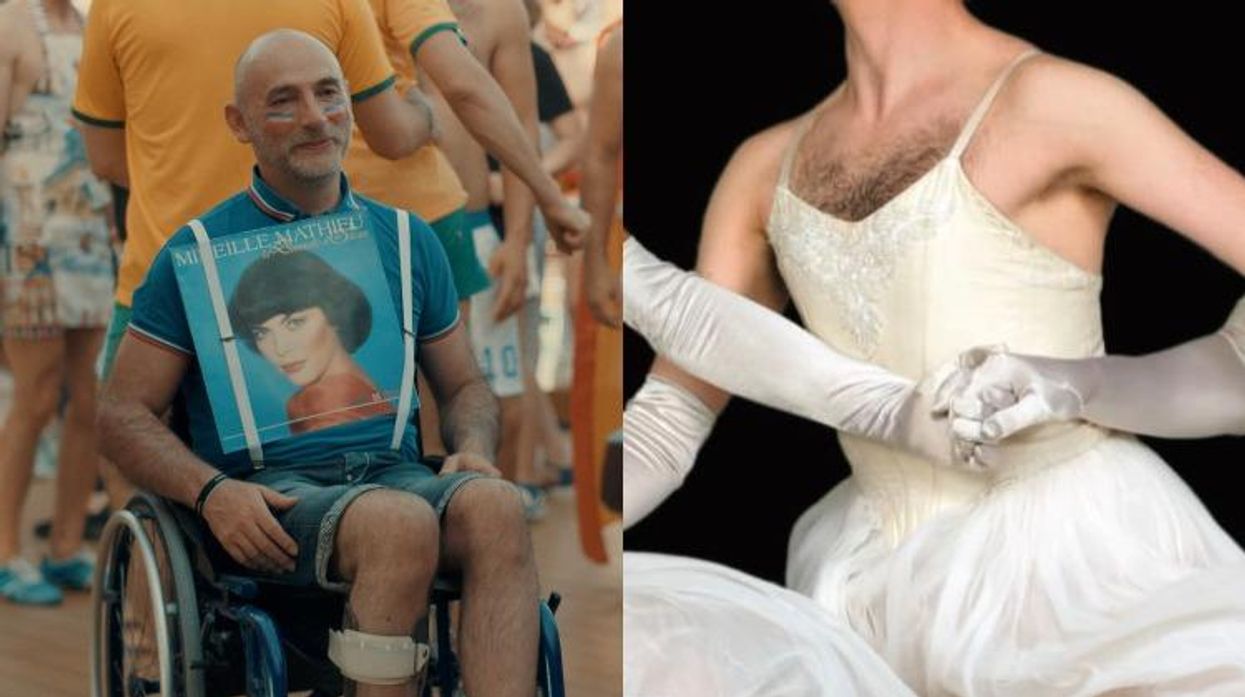

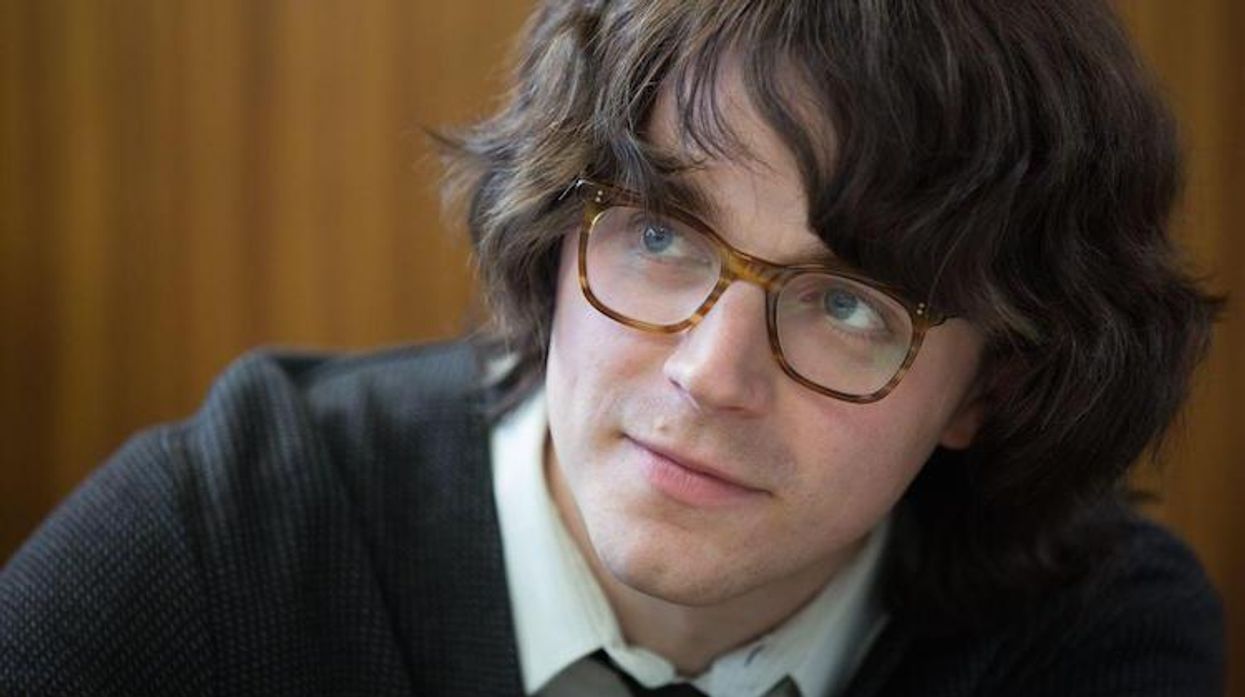
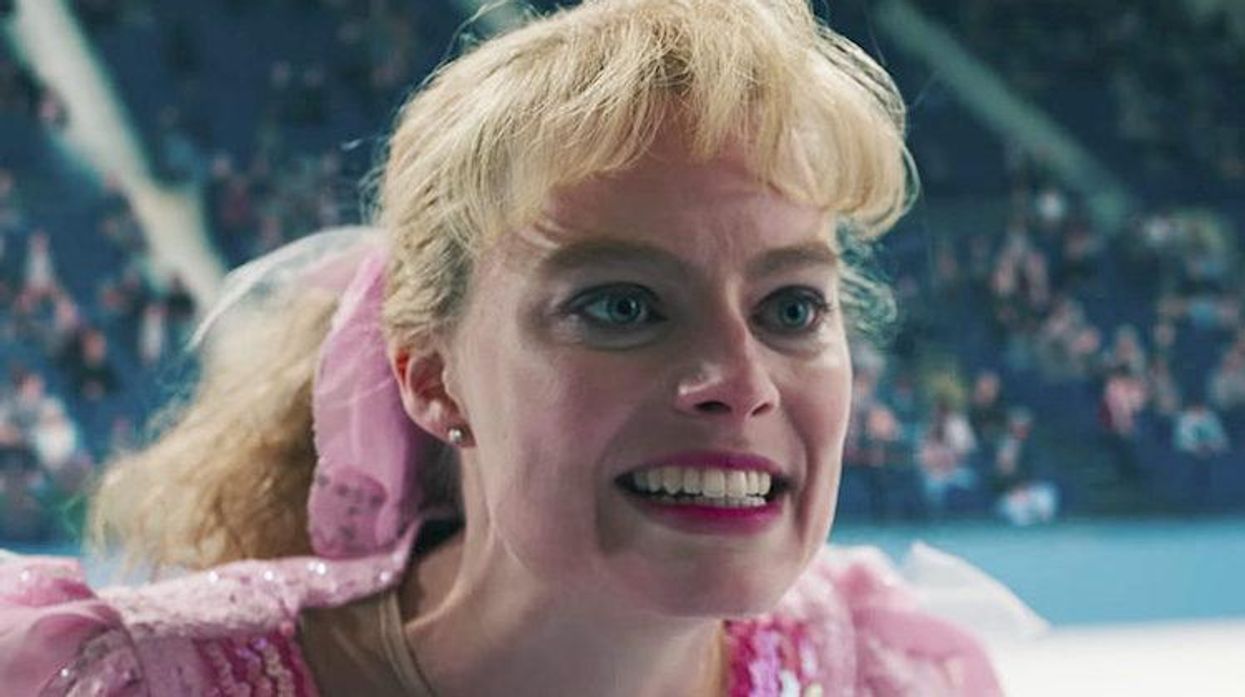
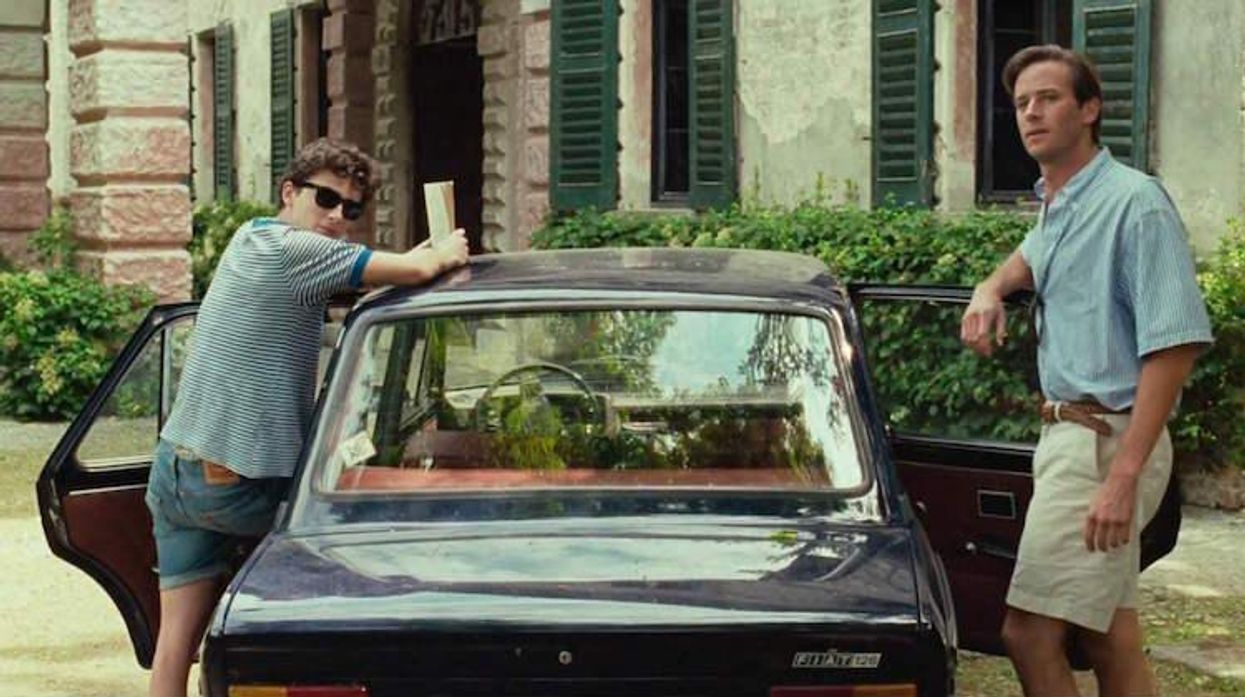


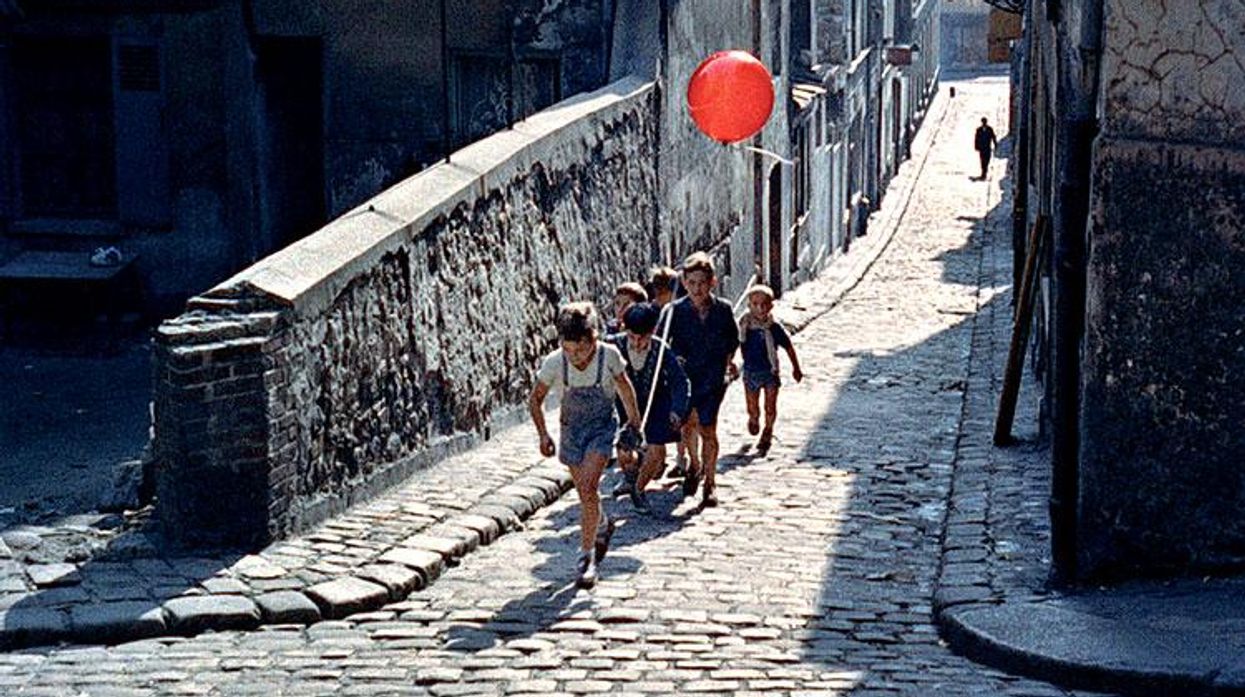
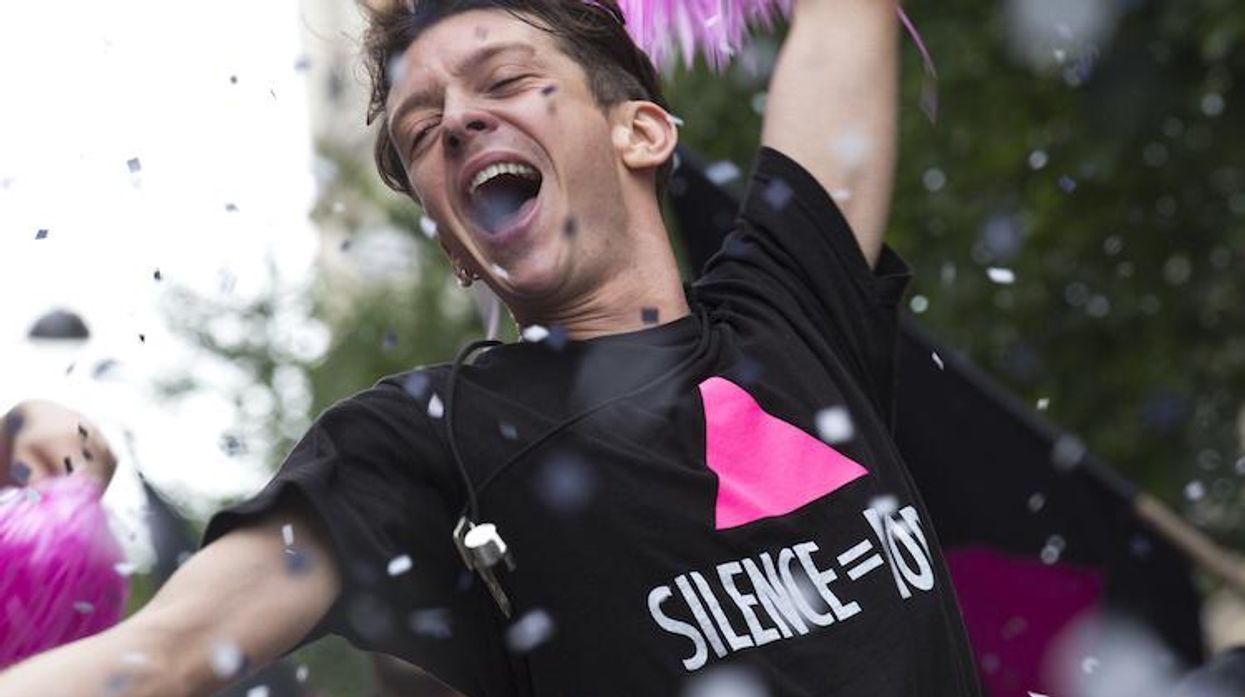

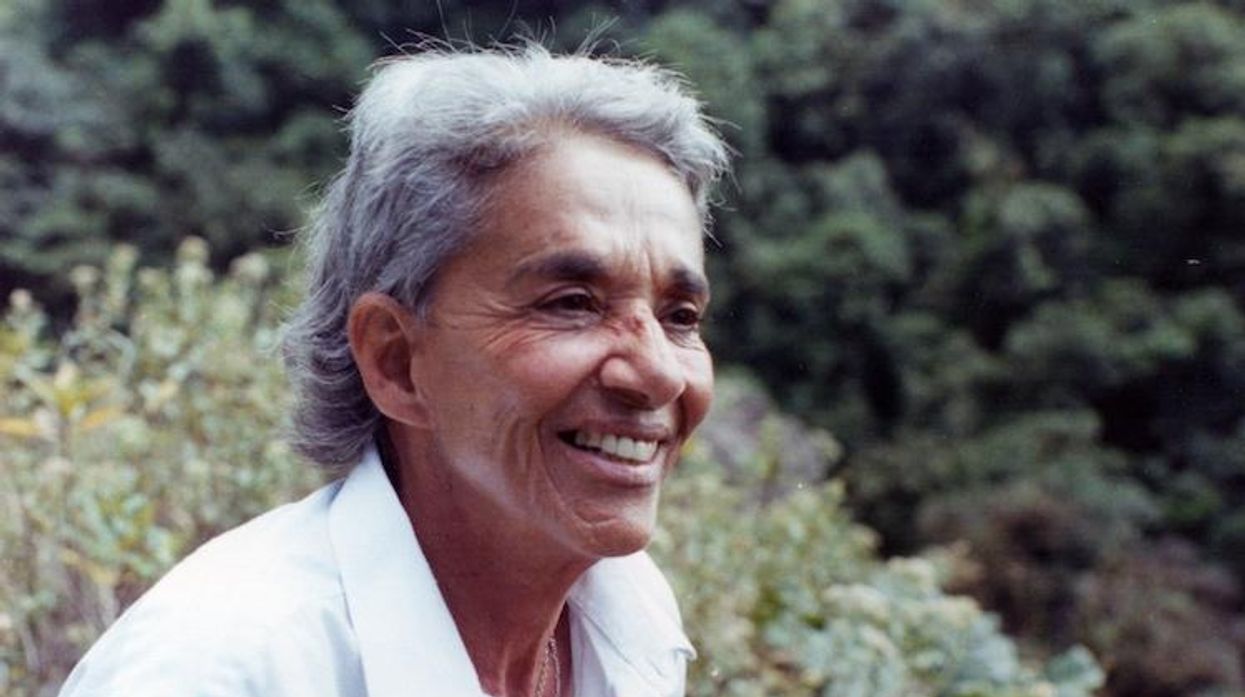
I watched the Kid Rock Turning Point USA halftime show so you don't have to
Opinion: "I have no problem with lip syncing, but you'd think the side that hates drag queens so much would have a little more shame about it," writes Ryan Adamczeski.